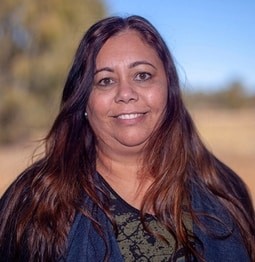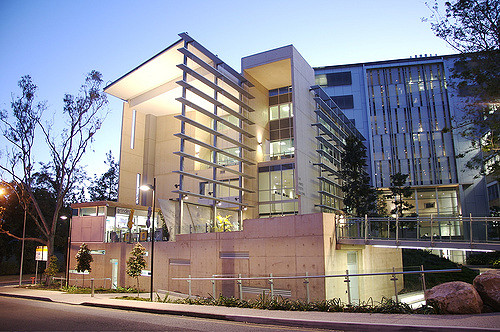
Vanessa Elliott is a change maker. A Jaru woman from the Kimberley region of Western Australia, Vanessa received the Centenary Medal and was a John Curtin Medallist aged just 25 - an award made to people who have exhibited qualities of vision, leadership and community service.
She has worked in corporate HR and corporate affairs, has extensive experience in Social Impact Assessments, Land Access Agreements, Community Development and Indigenous Affairs. She has been involved in major Native Title negotiations, mine expansion projects, mining start-up projects, infrastructure projects to support mining activity, and major public policy reform.
Vanessa is included in the 100 most influential women in WA’s Woman’s Hall of Fame, and regularly represents company views at government and policy committees in addition to holding multiple committee positions.
Now based in Perth, Vanessa runs her own consulting company, and has recently joined the Advisory Board of the Sustainable Minerals Institute’s Centre for Social Responsibility in Mining.
Over 20 years ago she was awarded National NAIDOC Young Person of the year - in the lead up to NAIDOC Week 2021, Vanessa reflected on this year’s theme of Heal Country! - what this means for her personally and more broadly, for the mining industry.
This extract is part of a longer conversation - listen in full here
“For me, this year’s NAIDOC theme ‘Heal Country, heal our nation’, are two paradoxes because Australia as we know it today, was settled based on frontier conflicts which have never found their way in in our classrooms in a meaningful way. There are many Australians and people who choose to come and live in Australia, enjoying the benefits of a hidden past.
The weight of that hidden past is in the heart and the shoulders of First Nations who intergenerationally have transmitted the trauma of that impact.
That trauma finds its way through our data stories, our money stories, our kinship stories, and our care giving stories.
So, for me NAIDOC Week is an opportune time to have a frank courageous conversation around social, cultural and political impacts. Without that you don't have an economy, you don't actually have wealth creation.”
Heal Country, heal our nation in the context of mining
“The most important thing for all Australians to remember is that mining came to First Nations. First Nations for the most part, have never come to mining.
Mining activity in Australia predated the Native Title Act, which meant the whole comprehension of mining in this country was founded under the notion of terra nullius – land of no peoples.
That has been in the psyche of the industry.
I believe though that the industry has been on the greatest learning curve of any industry globally.
It has led some truth telling and reconciliation options, but it's also responsible for some of the greatest catastrophes of all times within race relations. If we look at northern Australia and we look at mining activity and its origins, it was frontier battles, and that is a history, which must be told and known and embraced in so far as First Nations have never conceded their stewardship of country.
When we talk about things like Welcome to Country and Acknowledgement of Country today, it has become a ritualistic practice, but for me it's about standing with visibility and voice, about never conceding sovereignty, and our right to represent our land interests with a mindset that's intergenerational.
Having spent 20 years in and out of the resources industry working directly for companies as well as working within government around project approvals, I have seen, and I often talk about this ‘just in time’ ethos around mining activity.
I have worked on some of the biggest modern projects in our country where everything is to a project planning cycle, and so the industry only ever comprehends First Nations engagement when there is urgency to access the commodity.
I believe that the only way that we will get a seismic shift in First Nations relationship with the industry is when we start from the basis of shared equity in mining.
Agreement making has different provisions in each jurisdiction, but none of those provisions include closure, and very few agreements that I'm aware of in this country have significant provisions for closure.”
Joining the Centre for Social Responsibility in Mining

“As a First Nations person, we talk about our ancestral rights, we talk about future generations, and so, for me, choosing to accept the offer of joining the Advisory Board of the Centre for Social Responsibility in Mining, is something I take very seriously.
I'm on a number of boards, I have managed external affairs for a company and what I have learnt in all of that is the importance of deep listening, the importance of mutual benefit and the importance of collective impact.
I have seen the Centre for Social Responsibility and Mining, under the directorship of Deanna Kemp and through board members like Christine Charles create new narratives, new ways of working and new ways of conceiving mining activity and approaches to mining. I would like to commend Deanna especially for her published works around tailings.
We are all committed to the deep listening and the deep learning and most of all not closing stuff off too quickly, and what I'm very excited about is the intersection between the different research centres that make up the Sustainable Minerals Institute and under the leadership of Neville Plint, I think we will see significant positive changes.”



